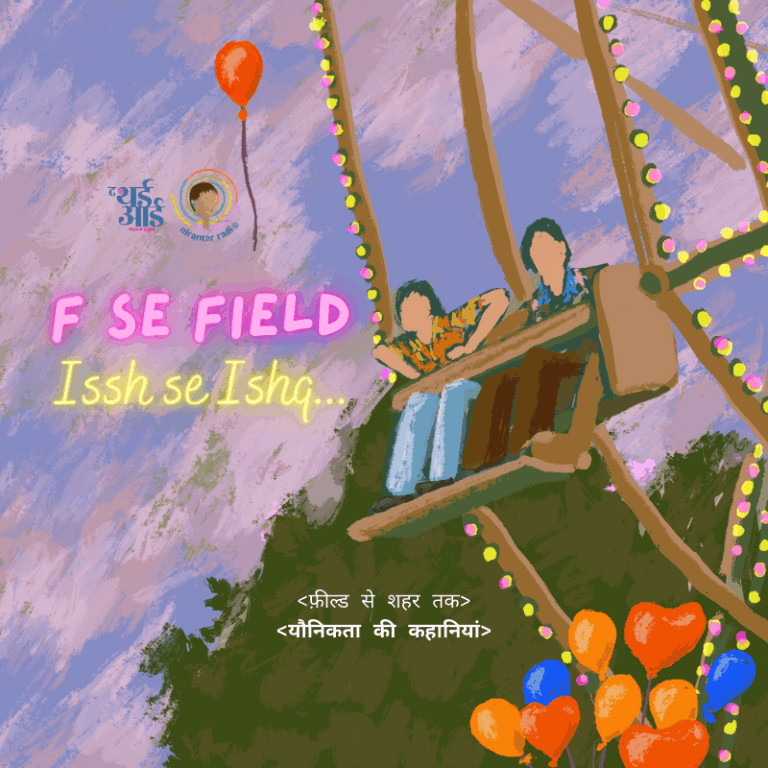
Trailer: F se Field, Issh se Ishq
F se Field, Issh se Isshq is a series of audio stories emerging from the lived realities, desires and fantasies. All these narratives help us understand our encounters with sexuality by centering the psyche.
Home » feminism

F se Field, Issh se Isshq is a series of audio stories emerging from the lived realities, desires and fantasies. All these narratives help us understand our encounters with sexuality by centering the psyche.
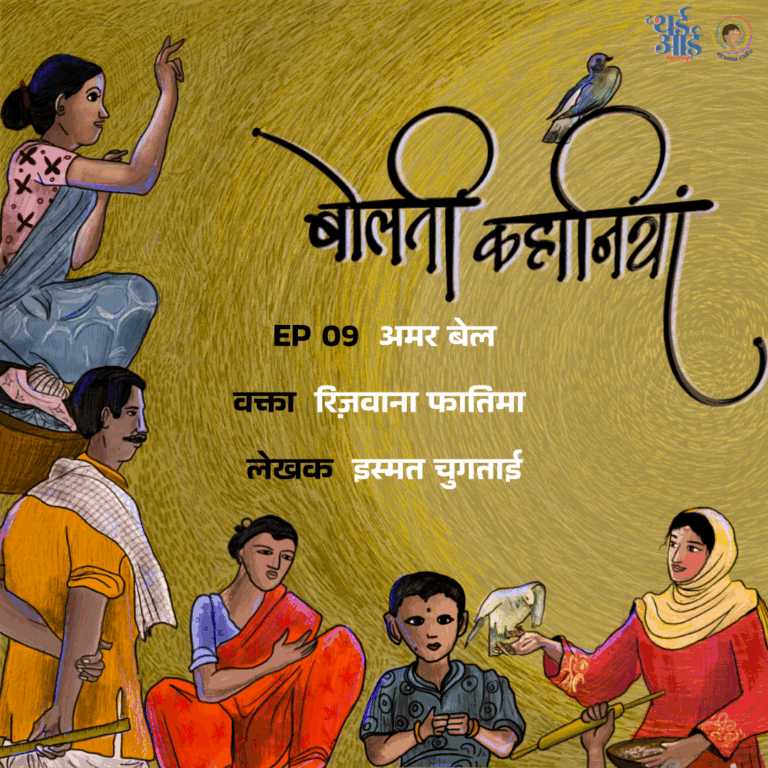
Sounds of mourning and celebration are overlapping in the neighbourhood. Sharafat Bhai’s life is going to change completely after his first wife’s death as he is set to marry a younger girl. Will the doe-like youthful beauty that he adores and worships age well? Or, will time play its game and turn happiness into jealousy? Sexuality is, after all, a fickle mistress.
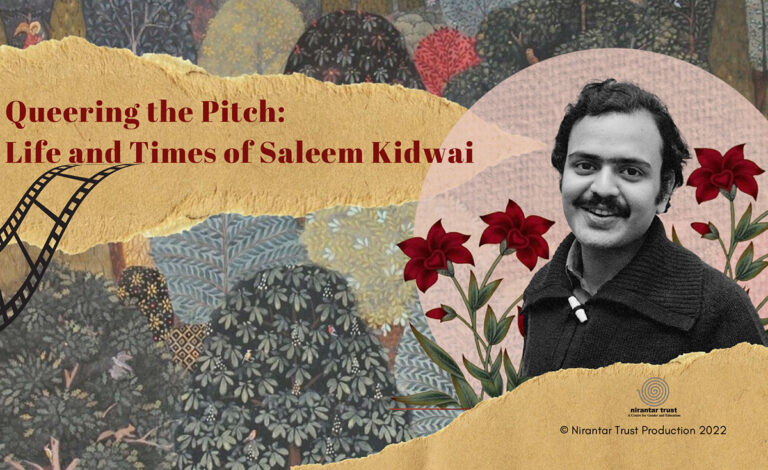
Queering the Pitch: Life and Times of Saleem Kidwai is a short film that traces the legacy of historian and writer Saleem Kidwai. Best known for co-editing Same-Sex Love in India, a landmark text in the fight against Section 377, Saleem’s life also opened up quieter, radical possibilities of the queer lens — ones that transcended binaries, rewrote cultural hierarchies, and made room for joy, complexity, and chosen kinship.
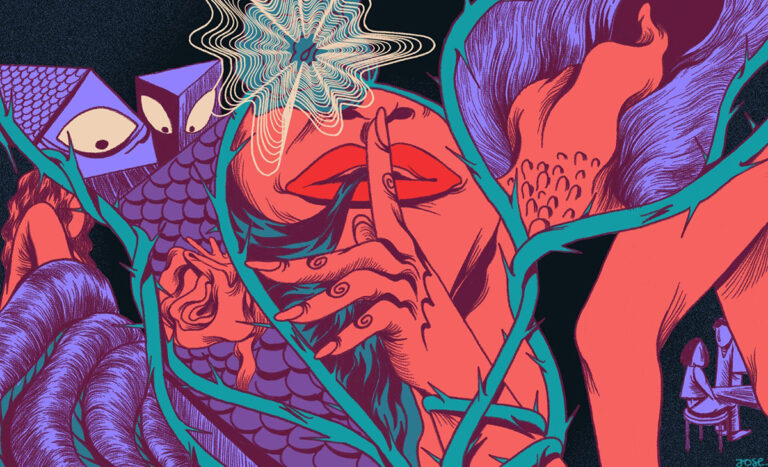
When friends — or we ourselves — berate the wrong decisions we have made in love, we tend to think about the situations that psychoanalyst Bruce Fink calls the ‘pull paradigm’. The story of love has been constructed such that it has us assuming there is something about the other person that ‘pulls’ us towards them. In this ‘pull paradigm’, we assume that desirability has an important role to play in determining who we form an intimate relationship with.

This is Part II of a series on the psyche and sexuality, based on the author’s research, reflections and analysis. The series explains key psychoanalytic concepts and offers pedagogical possibilities while working on sexuality.
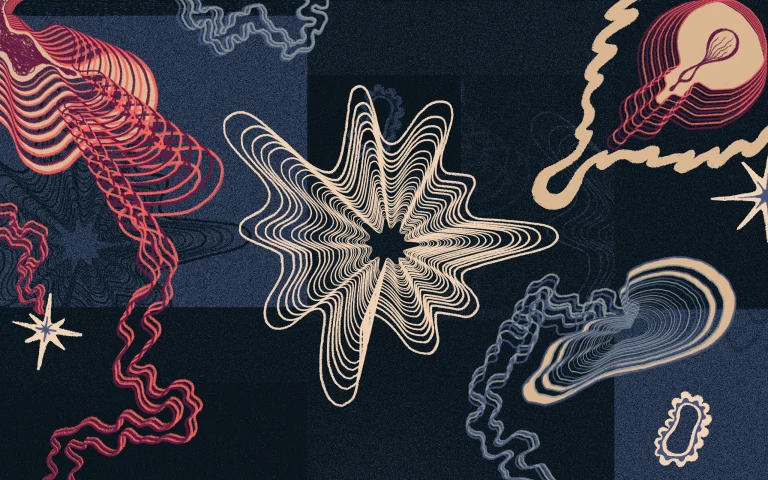
Yummy yuckiness is the stuff of life. Allowing the bewilderment around it to bubble up matters. Alongside recognition, the exploration of why pleasure and danger are so mixed up also matters. While sharing why I think this exploration is important, I’d like to begin with my own experiences.
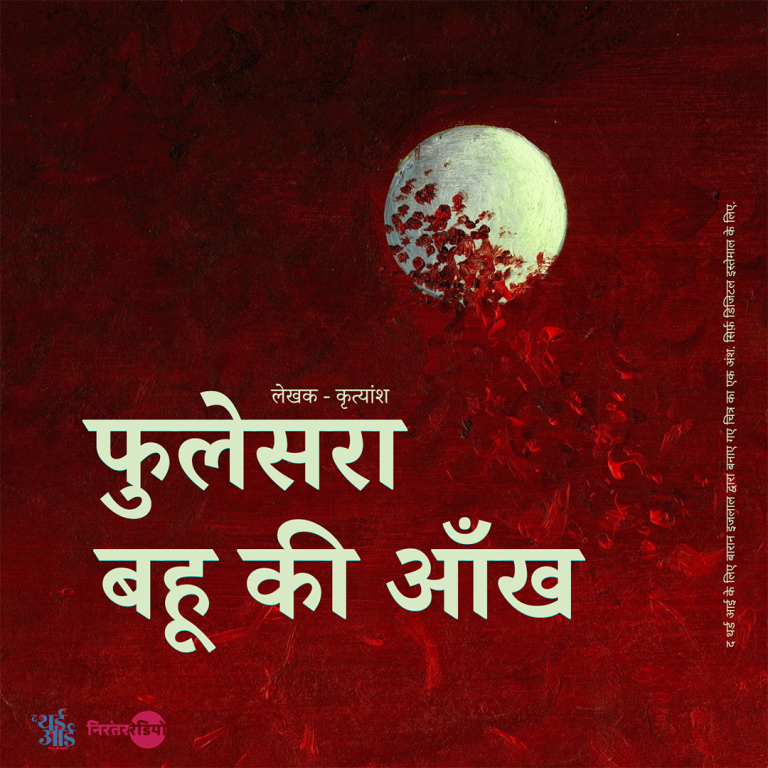
Phulesara’s husband dies within one year of marriage and then she finds a new constant companion: fear. Tune into this special feature of Bolti Kahaniyan: ‘Phulesara Bahu ki Aankh’.
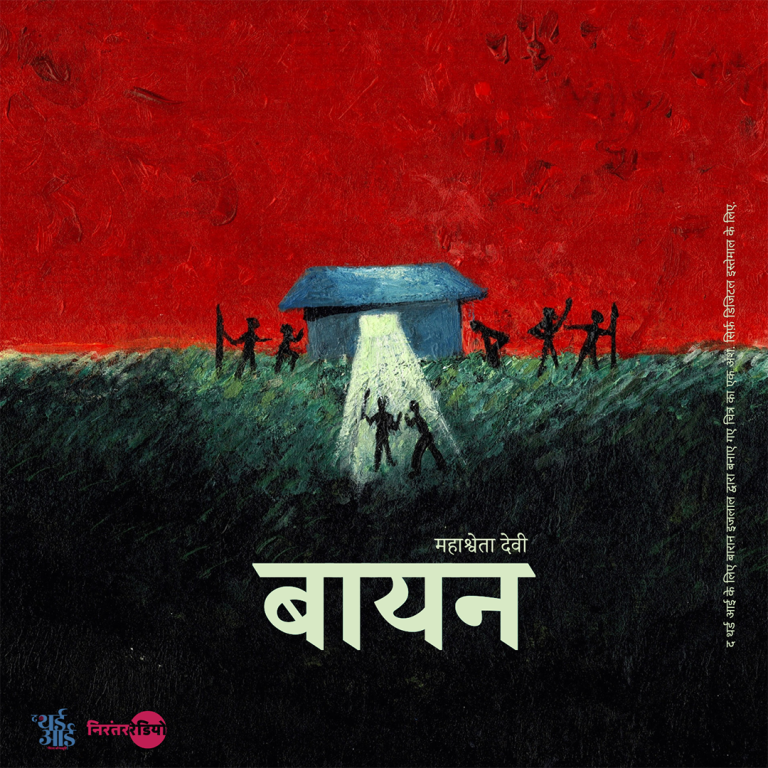
“Baba, how does one become a Bayen (witch)?” Bhagirath asks his father Malinder near the dead lake as the shadow of his estranged mother looms over him. The recollecting of who his mother was and how she was ostracized as a witch from the Dom community in this story by Mahasweta Devi, is the unfolding of the myth of Bayen and the reality of witch-hunt.

Are our lives governed by principles of carcerality, the most common being confinement, surveillance, and punishment? And what role does public space violence play in building a carceral logic into our lives?

We send people to jail so we don’t have to think about them. What happens in jail, we’d rather not know. Or if we do, it’s through beefy heroes who beat the ‘criminal’ to pulp, preferably in slow motion.